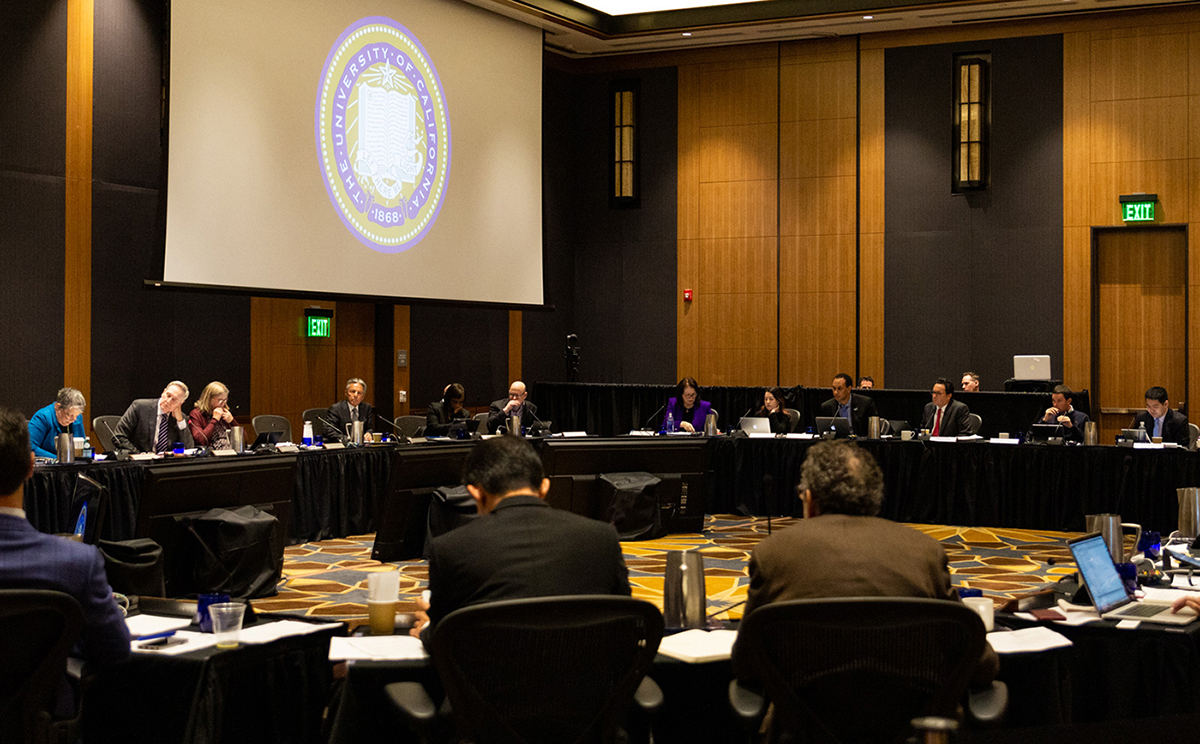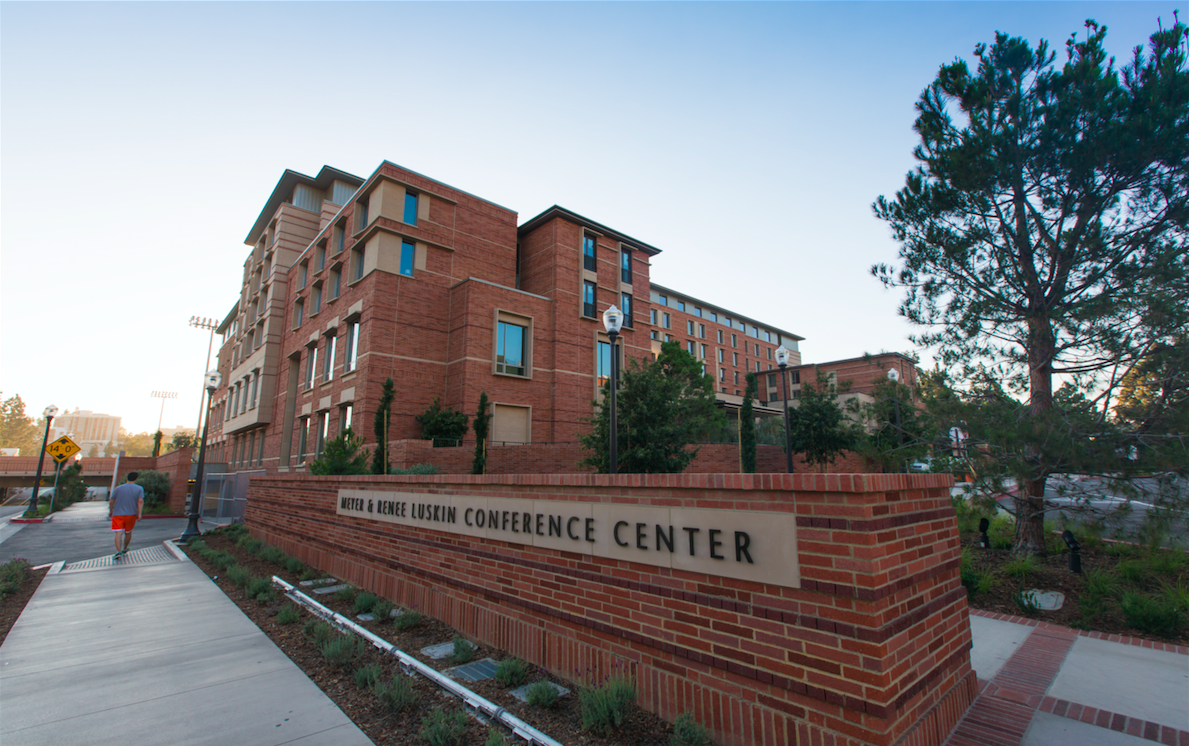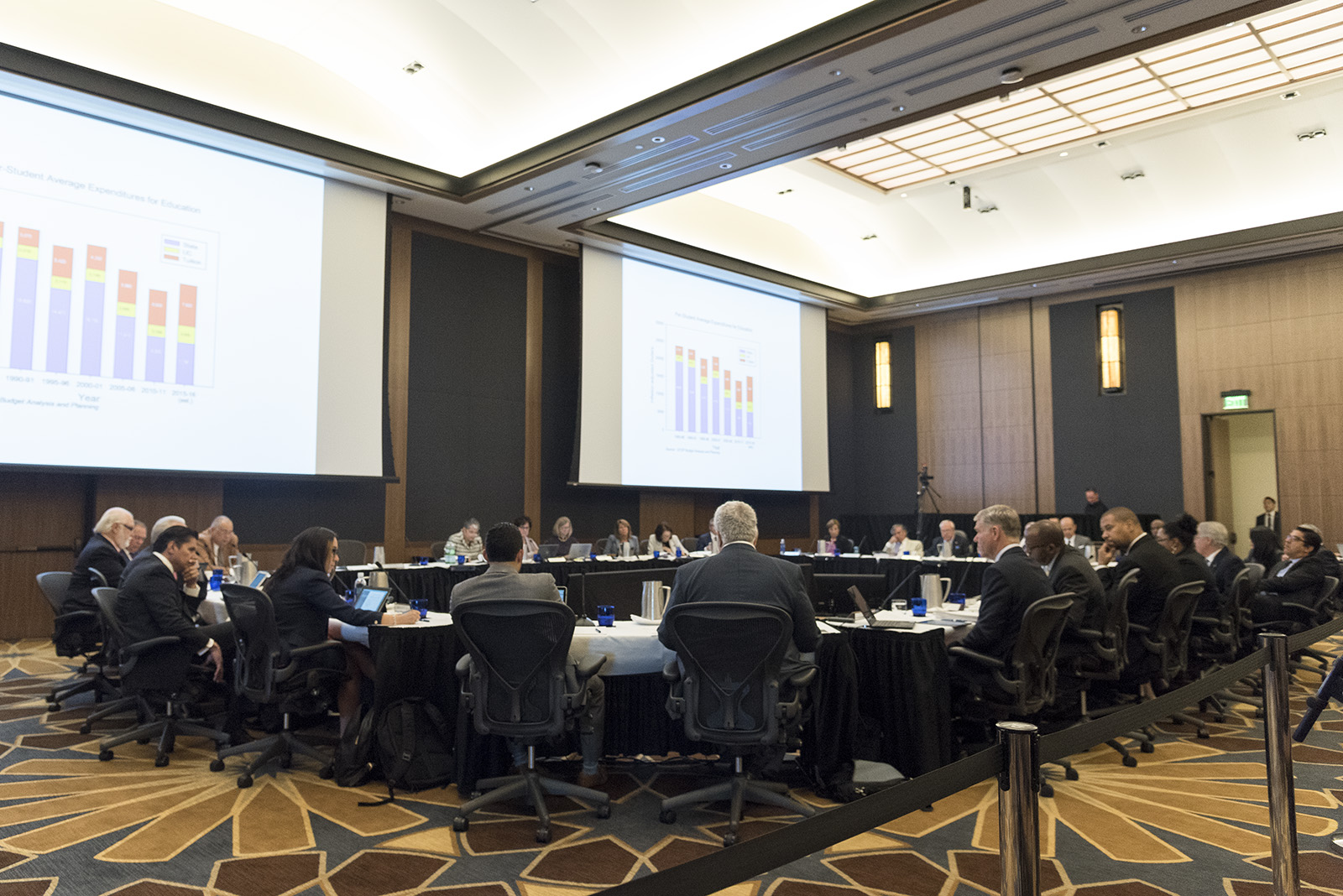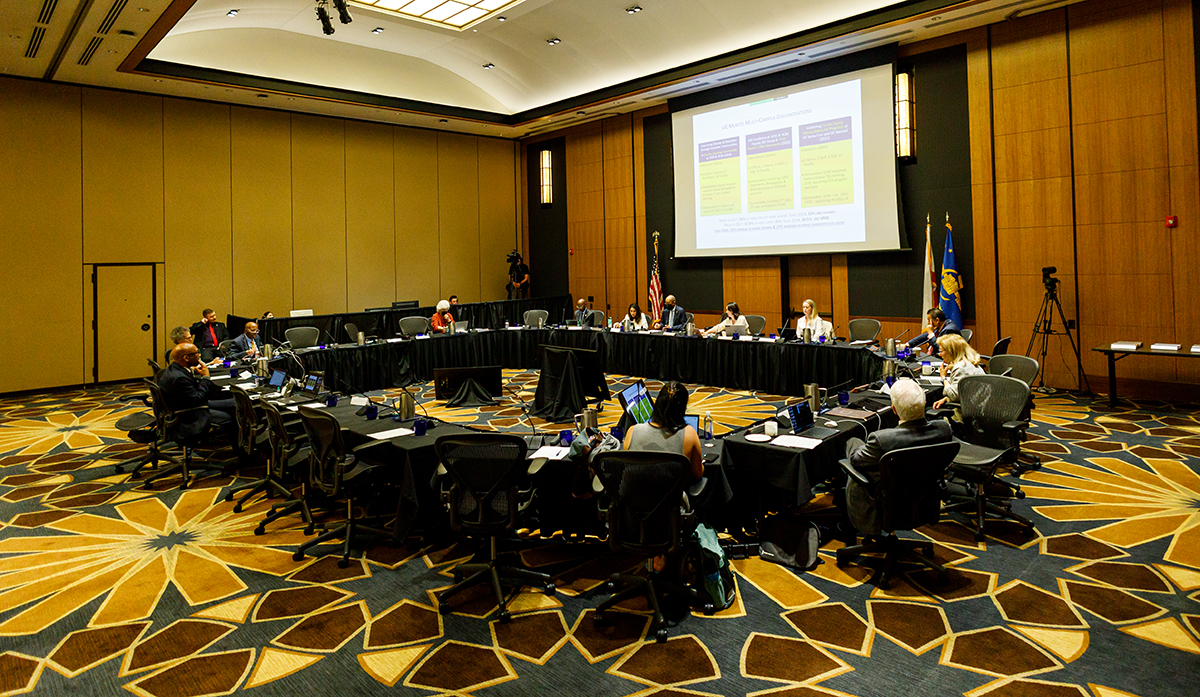UC Regents recap – Jan. 23-25
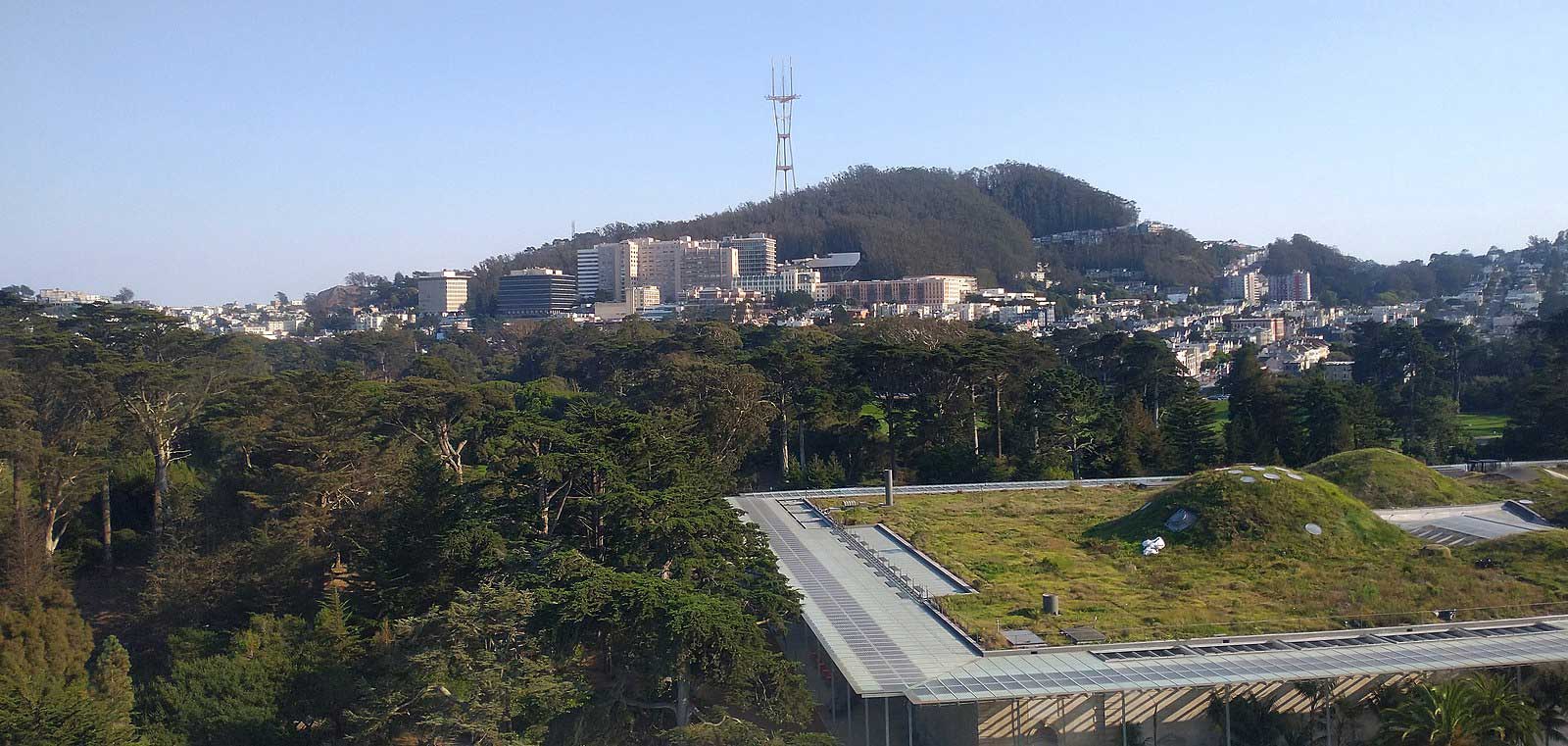
UC San Francisco is pictured. The UC Board of Regents discussed the board discussed UC athletics, student employment opportunities, academic freedom and the state’s proposed budget at its January meetings. (Courtesy of Alfred Twu via Wikimedia Commons Courtesy)
The UC Board of Regents, the University’s governing body, gathered at San Francisco Mission Bay from Jan. 23 to 25 for its bimonthly meetings. In teleconferenced and in-person sessions, the board discussed UC athletics, student employment opportunities, academic freedom and the state’s proposed budget.
On Jan. 23, the Special Committee on Athletics meeting began with public comments from members of the UC community. The majority of speakers voiced their support for allowing on-campus job opportunities for students without legal immigration status – a proposal ultimately shelved by the regents Jan. 25.
The public comments were followed by presentations from the athletics departments of UC Santa Barbara and UC San Diego that outlined the demographics, achievements and academic profiles of student-athletes on their respective campuses. Two student-athletes from UC Irvine also spoke, advocating for more resources to be allocated to the athletics department at their university.
During the board meeting on Jan. 24, many faculty and student activists spoke in support of academic freedom, protesting Item J3 on the regents’ agenda – which would prevent university channels from being used to express individual or group views. When Chair Richard Leib attempted to end the public comment section, he was interrupted by chants of “Let us speak,” and the session went into recess until the activists were escorted out of the room.
After the recess, Leib highlighted the increase in admitted California students, who made up 83% of the UC’s fall undergraduate class. However, he also said the enrollment numbers for Black, Latino and Indigenous students are low, adding that though the number of admitted Latino students is increasing, it is still not proportional to the percentage of Latino high school graduates.
In the following meeting of the Finance and Capital Strategies Committee meeting, David Phillips, the associate vice president for Capital Programs, Energy and Sustainability at the UC Office of the President, represented the Integrated Capital Asset Management Program, which works to track building infrastructure and asset inventory. Phillips presented on the need to fund the renewal and restoration of UC buildings in compliance with UC seismic safety policy.
Phillips said during the presentation that ICAMP estimates that $7.5 million will be needed for renewal and restoration and that surveys indicated 30% of campus buildings need to be either reassessed or restored by 2030, or else they cannot be used. Buildings recently restored include the UCLA Luskin School of Public Affairs and the UCLA Nimoy Theater. Phillips said despite the program’s progress, it is challenged by the 2030 deadline as well as by budget cuts but is working to maintain continuous improvements and reevaluations to improve the timeline and budget costs.
Nathan Brostrom, UC Finance’s executive vice president, presented Gov. Gavin Newsom’s state budget for the 2024-2025 fiscal year – a total of around $208 billion, including a $38 billion shortfall. Brostrom said that while there are plans for budget increases and ongoing funding for the 2025-2026 fiscal year, the current plan would forgo $300 million pledged for the California Institute for Immunology and Immunotherapy, which is set to be housed in UCLA’s newly announced Research Park.
The plan would also pull $200 million already appropriated to the Student Housing Zero-Interest Revolving Loan Fund – with no additional funding in 2024-2025 – and delay the California grant reform implementation decision.
Brostrom said there also are plans to increase California resident enrollment and decrease nonresident enrollment. Regent John Pérez also raised the idea of increasing the price of out-of-state tuition.
The Academic and Student Affairs Committee also met Jan. 24, and its meeting opened with Katherine Newman, provost and executive vice president of academic affairs for the UC, introducing a proposal to continue funding professional degree supplemental tuition for nine existing programs. The programs include UC Berkeley’s social welfare program, the law school programs at UC Davis and UC Irvine, and the Global Policy and Strategy program at UCSD. The committee also discussed the growth of UC Online – an initiative created in 2013 aimed at facilitating cross-campus education that received $10 million in funding annually – and the necessity of maintaining high-quality education online.
A Public Engagement and Development meeting was also held that day, during which the UC San Francisco Benioff Homelessness and Housing Initiative presented to the board about the ongoing homelessness crisis in California.
The board also heard from Nicole Carlotto, who represented the UC Advocacy Network. According to Carlotto, UCAN encourages people to take action by connecting them with legislators through emails, phone calls, petitions, pledges and social media.
The Academic Student Affairs committee held a joint meeting Jan. 24 with the Compliance and Audit Committee to discuss the language of Item J3. Regent Hadi Makarechian said the policy was created after political statements related to the ongoing Israel-Hamas war were sent through university channels. The policy would prohibit the personal viewpoints of faculty and students from being published on administrative websites, limiting official channels of communication to strictly “official business.”
UC Student Regent Designate Josiah Beharry said the J3 policy is restrictive and reactive, adding that he believes the policy’s definition of “official business” is excessively vague. Beharry, who is an interdisciplinary humanities doctoral student at UC Merced, said the policy fails to acknowledge that many academics in the UC community, especially within the social sciences, base their statements in research, theory and factual data.
He added that he believes the University should take into account the difference between opinion censorship in social science and STEM fields, where research-based issues such as climate change are not viewed as opinions.
The regents discussed how to implement this policy across campuses without limiting free speech, with Pérez proposing the creation of opinion pages clearly labeled to be separate from university stances. The regents also concluded that the language used in the policy should be revised to be more direct on what content is restricted from university channels.
On Jan. 25, the final day of meetings began with a joint session between the board and the Academic and Student Affairs Committee, during which the board heard from Celene Aridin, UC Student Association president, and Ryan Manriquez, UC Graduate and Professional Council president. Aridin highlighted the importance of funding the Collegiate Recovery Program – which helps students recovering from addiction – as well as alleviating the barriers UC student groups face when trying to discuss campus issues with their respective chancellors.
Manriquez said it was the responsibility of the UC system to further acknowledge the violence in Gaza and called for the regents to support a permanent ceasefire. He also urged the UC system to end its ties to the defense industry – such as BlackRock which has investments in Lockheed Martin – and ensure that the work of student researchers will not be used for weapons manufacturing.
Manriquez also pointed to the increase of disabled transfer graduate students in the UC system and requested that more conversations around the creation of disability cultural centers be initiated on UC campuses.
In a meeting later that day between the board and the Finance and Capital Strategies Committee, UC Merced chancellor Juan Sánchez Muñoz discussed the growth of UC Merced’s campus since its establishment in 2005. Muñoz also shared plans for future construction on a new medical education building, residence hall classroom and office building, as well as an experimental smart farm focused on agricultural technologies.
UC President Michael Drake addressed the potential adoption of the regents’ policy on employment opportunities for students without legal immigration status. Drake announced that the decision would be postponed for a year, noting potential legal risks in the current plan for current University students and staff without legal status as well as for the institution.
[Related: UC Board of Regents rejects plan to hire students without legal immigration status]
The next regents meetings will be held at UCLA from March 19 to 21.



